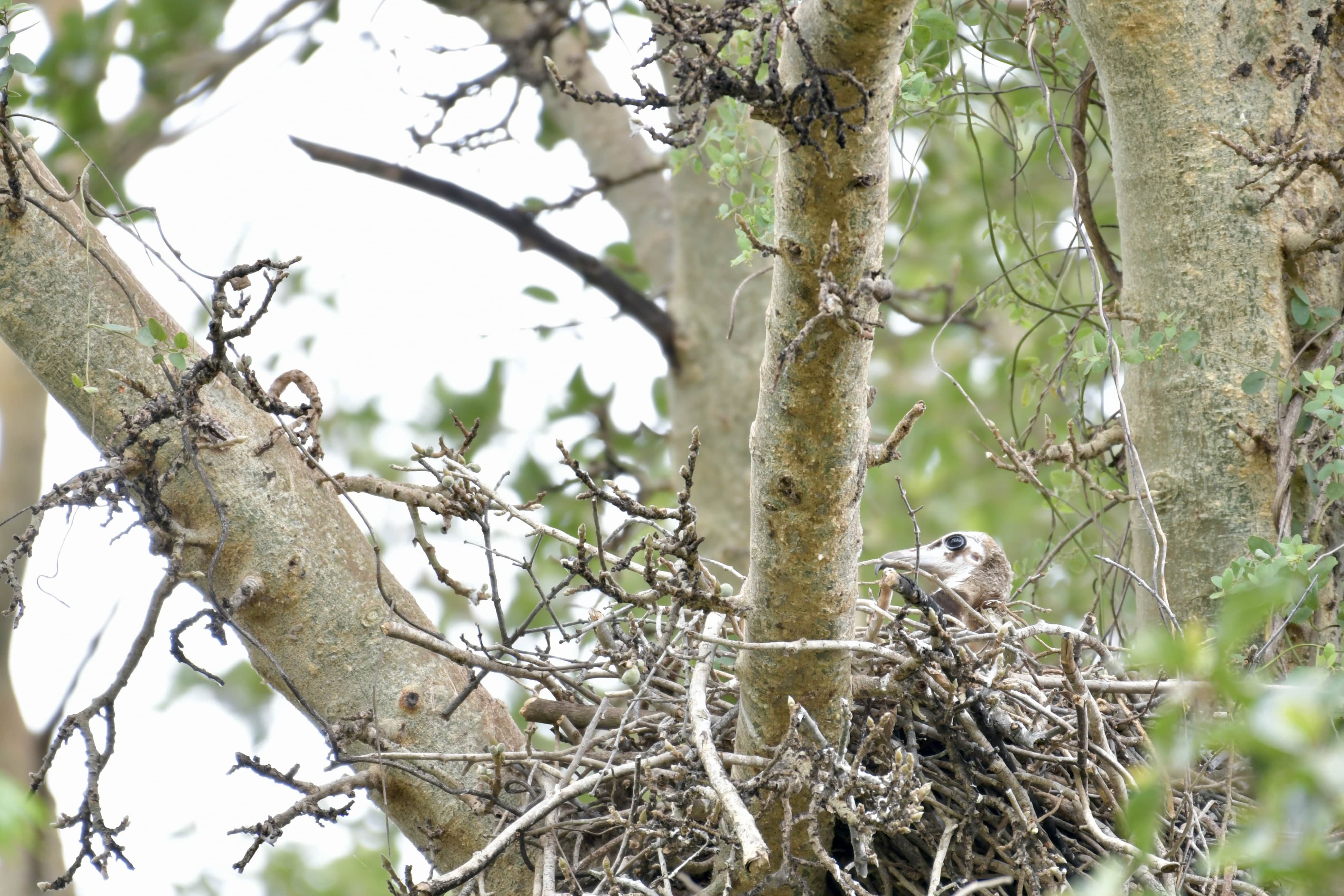The arrival of the colder winter months marks the onset of the breeding season for all South Africa’s Vulture species. This means a busy time ahead for the Bearded Vulture Task Force (BVTF) and the Bearded Vulture Breeding Programme. Countless, mostly cold hours of monitoring lie ahead, but we are optimistic for some positive results this season.

The Critically Endangered Bearded Vulture has experienced a drastic decline during the past century, which has resulted in an isolated population restricted to the Maloti-Drakensberg mountain range. There are an estimated 320 individuals and about 100 breeding pairs remaining. This decline is due to numerous threats such as poisoning, collection for belief-based use, habitat loss, decreasing food availability, human disturbance and collisions with power-lines.

To combat this decline, a Bearded Vulture Conservation Action Plan was developed and subsequently the BVTF was established with the purpose of implementing this plan. The BVTF is made of up of representatives from conservation bodies, NGOs and the scientific community from Lesotho and three provinces (KwaZulu-Natal, Free State and Eastern Cape) of South Africa.
Wildlife ACT is an active member of the BVTF and provides support through ongoing nest monitoring. This monitoring is essential for understanding breeding success and population trends. This monitoring also ensures valuable support towards the Bearded Vulture Breeding Programme - Bred 4 the Wild.

A huge thank you to Bidvest Car Hire for the sponsored Ford Ranger double cab which helps tremendously with these Vulture monitoring sessions. Learn more about the other Endangered and Critically Endangered Vulture species that Wildlife ACT and partners work hard to protect, and the technology used to capture fine-scale movement patterns to help aid Vulture conservation efforts.
Text by Wildlife ACT Emergency Response
& Operations Manager, PJ Roberts


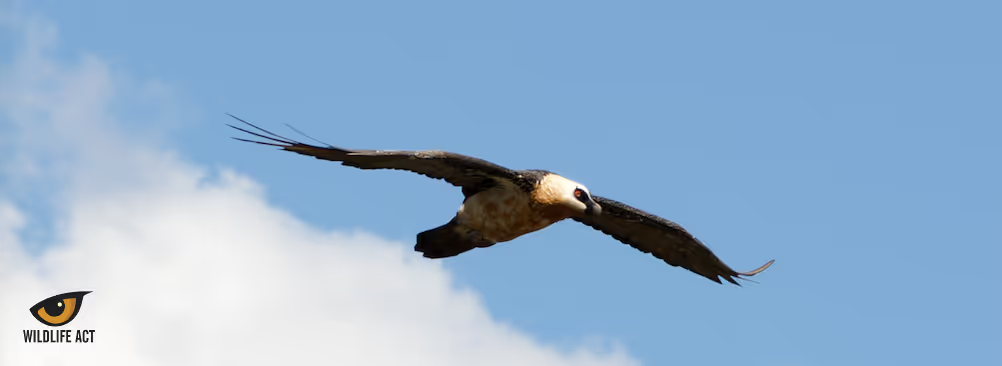
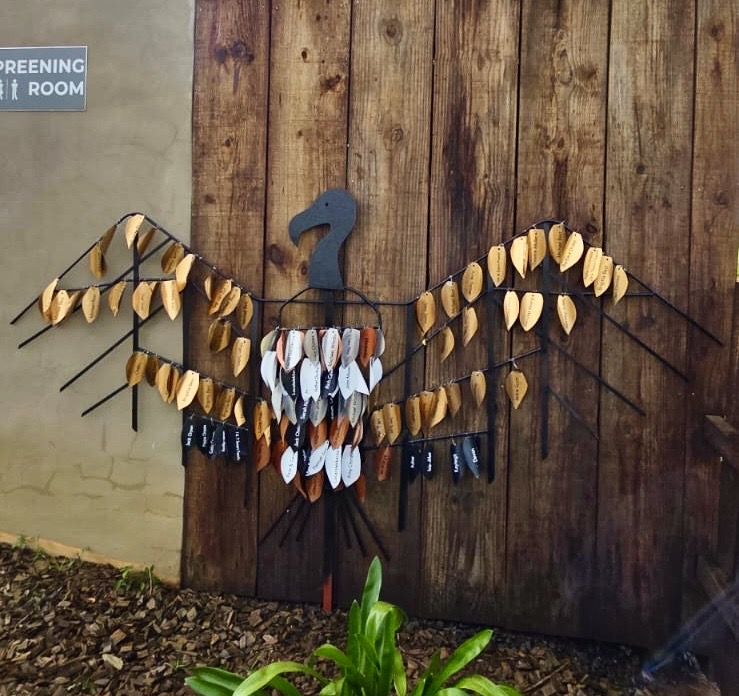
.jpg)
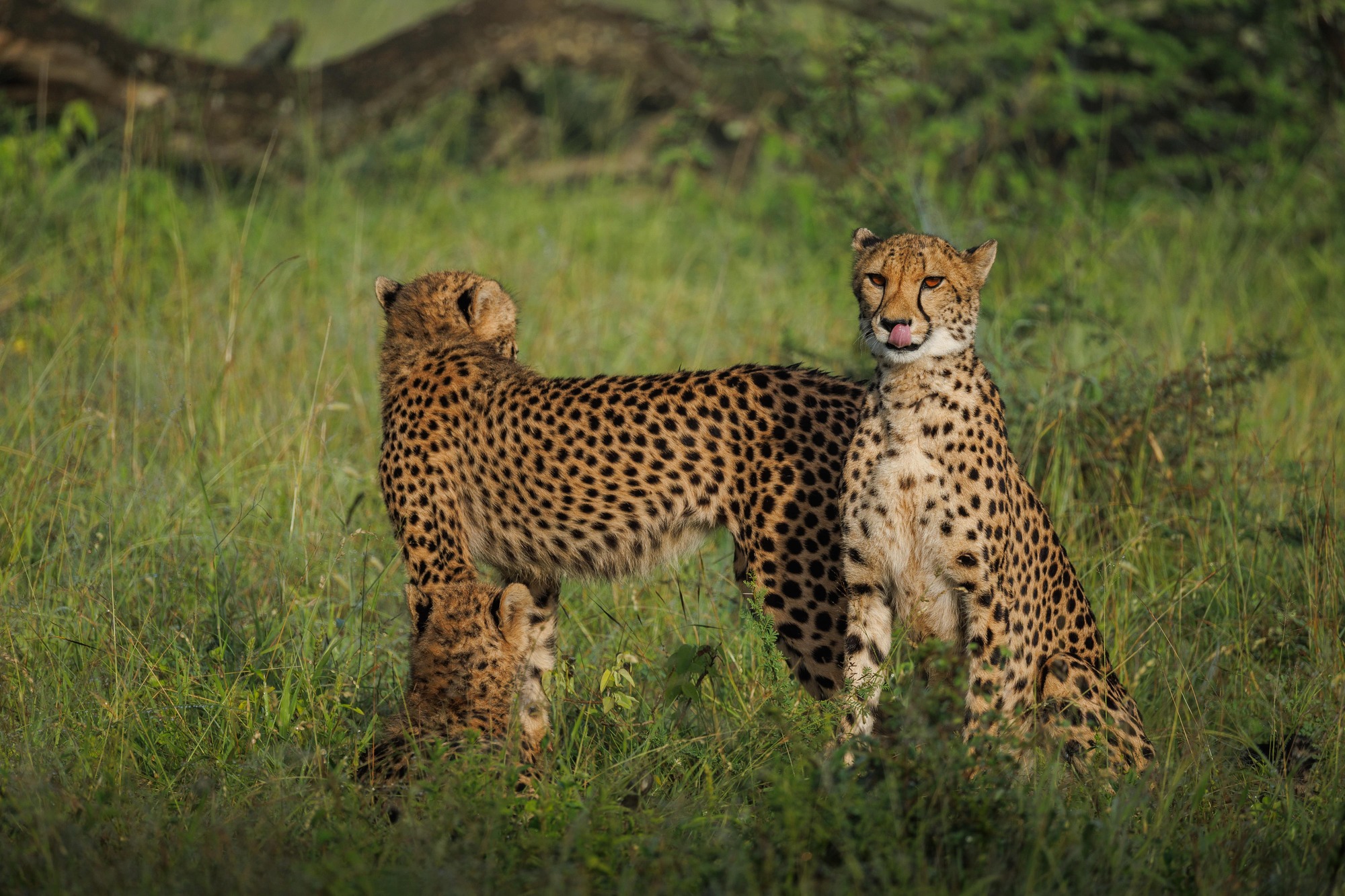
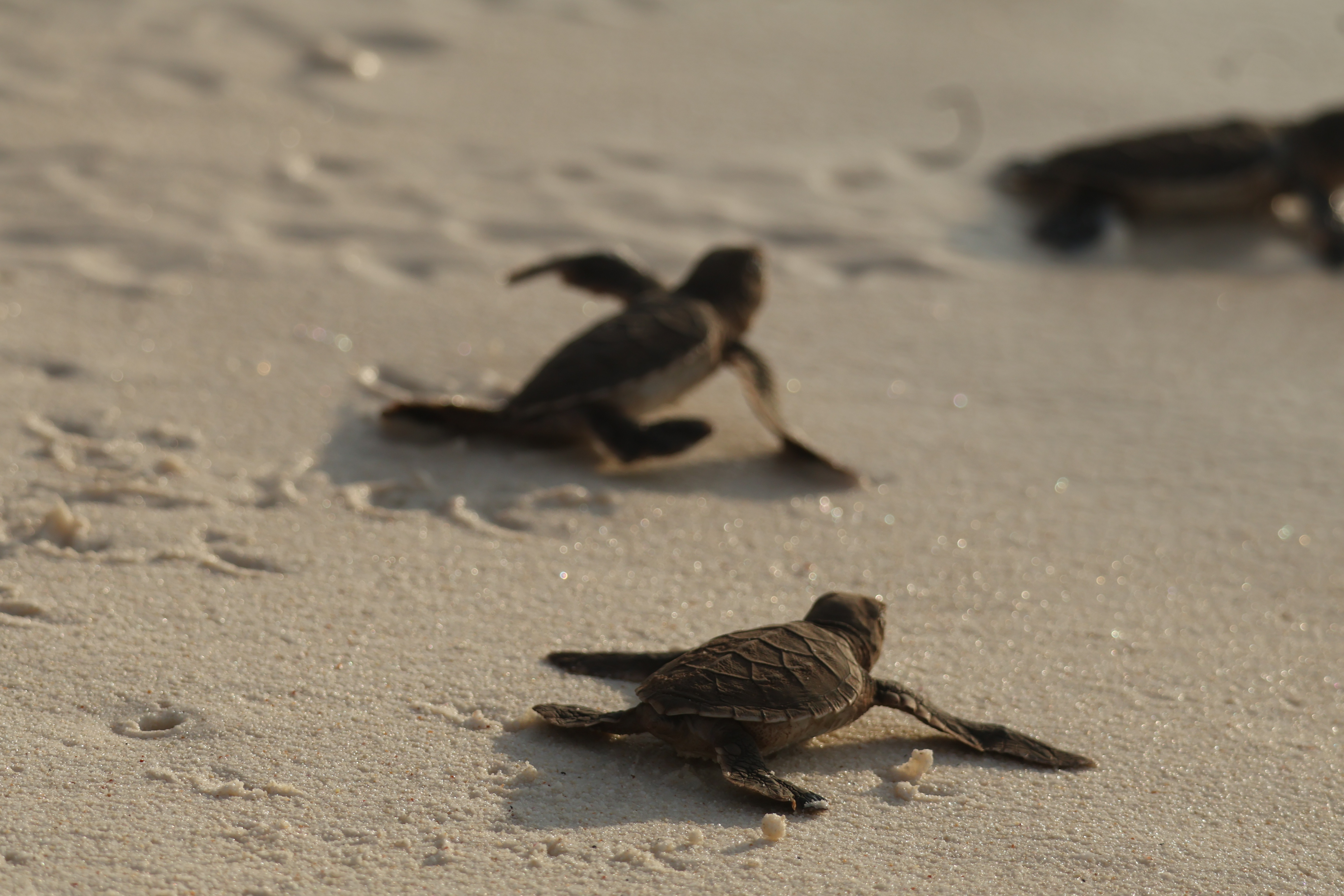


.jpg)
